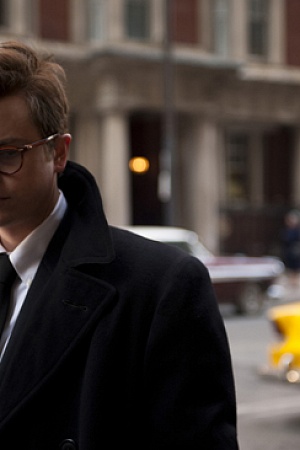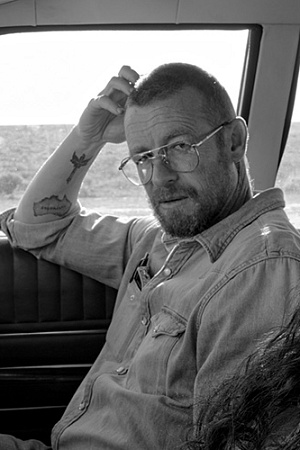Partisan
Gregori stares at the camera, his eyes hard and sure as he watches five babies being wheeled through the corridors of a maternity ward, selects a mother with a split lip and no flowers, and charms her. When he strokes the face of her child, Alexander, his eyes are tender. The range between these expressions is the heart of Partisan.
Through an unmarked gate and a winding tunnel, some Soviet city or other gives way to a fragile asylum of wintry sunlight, encroaching vines and pleasant clutter. The world is absent. Here, there is only room for fundamentals: the drama of faith, and the architecture of trust.
This asylum is filled with the vulnerable women whom Gregori selects, such as Alexander’s mother, Susanna. They bathe in the sun, prepare meals, and defer to Gregori, like Mormons of the Eastern bloc. But they chose this: Susanna, in those first moments, weighed that wider world, which had left her with a bruised face, and chose a man who gave her a flower – or a share in him.
Continue reading for only $10 per month. Subscribe and gain full access to Australian Book Review. Already a subscriber? Sign in. If you need assistance, feel free to contact us.











Leave a comment
If you are an ABR subscriber, you will need to sign in to post a comment.
If you have forgotten your sign in details, or if you receive an error message when trying to submit your comment, please email your comment (and the name of the article to which it relates) to ABR Comments. We will review your comment and, subject to approval, we will post it under your name.
Please note that all comments must be approved by ABR and comply with our Terms & Conditions.